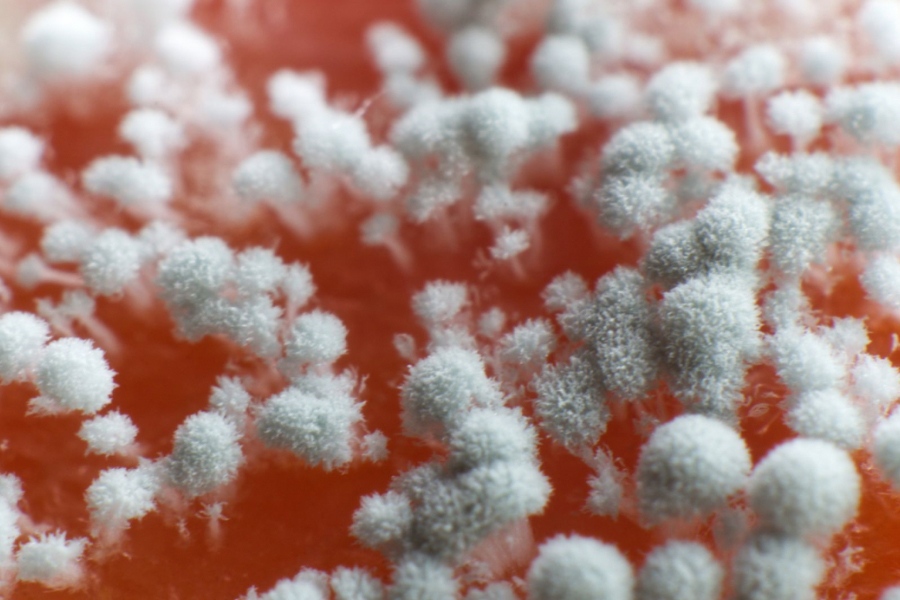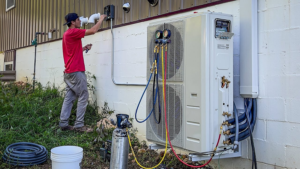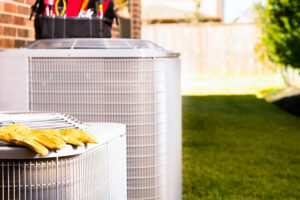
As temperatures rise, turning on the air conditioner seems like a no-brainer. However, have you ever wondered if your unit is harboring something more sinister than cool air? Mold on air conditioner components can be a potential threat to the health of your family and the efficiency of your HVAC system. In this article, we will discuss how to identify possible mold growth and provide options for effective solutions.
Signs of Mold in Your AC Unit
Musty Odors
One of the most common indicators of mold in your AC is a consistent musty smell when the system is in use. This odor can be quite pungent and might also create an unpleasant environment in your home.
Allergic Reactions
If you or your family members start encountering an increase in allergy symptoms or respiratory issues when the air conditioner is running, it might be a sign that mold is present in the system.
Visible Mold Growth
In some instances, you may be able to see visible mold growth on air conditioner components such as vents, ducts, or even the unit itself. This can appear as black, green, or even white spots growing on the surface.
Reduced Airflow and Efficiency
A mold-infested AC unit may struggle to maintain optimal airflow and efficiency, leading to higher energy bills and diminished performance. This might also be accompanied by strange noises from the system and an increase in dust or humidity levels.
Identifying Mold on Air Conditioner Components
If you suspect mold in the AC unit, it’s crucial to act quickly and address the issue. The mold may be affecting the indoor air quality and overall efficiency of your system.
1. Turn off your air conditioner and unplug it to prevent any electrical hazards.
2. Grab a flashlight and thoroughly inspect the unit, vents, and ducts for any visible mold growth.
3. Pay close attention to damp or humid areas, as these can be breeding environments for mold.
4. If you’re uncomfortable performing this investigation yourself, consider reaching out to a professional for assistance and expertise.
How to Prevent Mold Growth in Your AC System?
To keep mold at bay and ensure your AC stays clean and efficient, follow these tips:
1. Regularly clean and maintain your air conditioning system, including filters, vents, and ducts.
2. Control humidity levels by investing in a whole-house dehumidifier or using a portable unit in specific rooms.
3. Address any underlying issues, such as poor insulation, poor ventilation, and water leaks, to reduce the risk of mold growth.
4. Know how often you should have your AC professionally serviced, as this can help maintain the system and identify any potential mold issues
To Sum Up
Mold in your air conditioning unit should be addressed immediately to protect your home’s indoor air quality and the health of your family. Keeping an eye out for the warning signs and conducting regular maintenance can help prevent mold growth and ensure that your AC system operates efficiently throughout the year. Don’t hesitate to reach out to a professional for HVAC repair in Atlanta if you suspect any issues with your air conditioning system. This will help you to get the best service and enjoy maximum comfort in your home.





